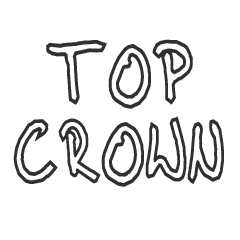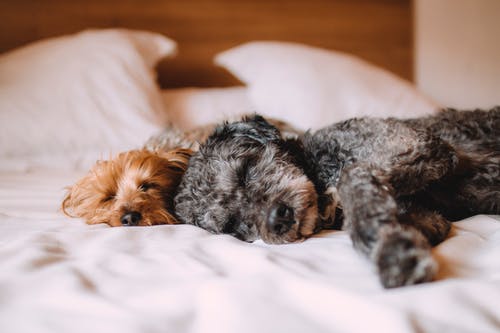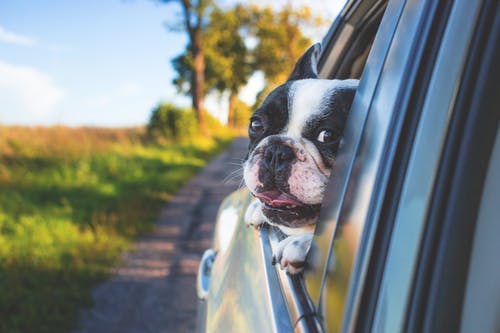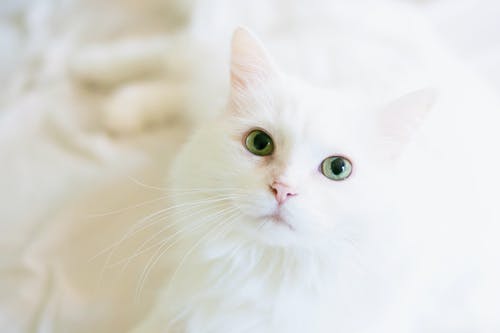For cats, dogs, lizards, tortoises, and other exotic animals, dental care is equally as crucial as it is for felines. As part of a yearly health examination, exotic pets should have their mouths checked out as a precaution to ensure everything is in order. Some animals like ferrets, hedgehogs, and bearded dragons may need dental cleanings like dogs or cats.
These animals’ teeth continue to develop throughout their whole lifetimes. If neglected, this growth can create sharp spurs that can graze their tongues and gums.
Generally speaking, most pet owners don’t brush their animals’ teeth, which can lead to tartar buildup and foul-smelling breath. Excessive tartar buildup over months or years causes gingivitis, periodontal disease, and tooth root infection. Bacteria can build up and eventually go through the bloodstream to colonize vital organs like the heart and kidneys, where they can cause potentially fatal issues.
Veterinary Dentistry for Exotic Pets
With oral preventative care, most exotic pets, including ferrets, rabbits, rats, and reptiles, should get a thorough oral examination each year as part of a routine physical examination. Some animals, like ferrets and bearded dragon lizards, require yearly dental cleanings to remove accumulated plaque and tartar properly and carefully inspect teeth for irregular illness symptoms, wear, fractures, or looseness.
Scale and Polish
Each tooth will first undergo ultrasonic scaling to remove tartar, followed by polishing. This surgery is frequently carried out to stop the spread of tooth disease. A yearly scale and polish benefits ferrets and dragons, particularly bearded dragons.
Dental Float
This procedure is frequently carried out on rabbits and guinea pigs when the cheek teeth have acquired sharp spikes or spurs or when the teeth have become excessively long and are developing in the wrong direction. Typically, they must be fixed under anesthesia using a specialized dental bur. Visit a veterinary clinic for dog vaccinations.
Correction or Removal of Incisor Teeth
Most often, issues with the cheek teeth or the rabbit’s irregular jaw alignment from birth cause malocclusion of the front incisor teeth, which affects how the teeth oppose one another. Correction may be all that is required if the primary cheek tooth issue and the incisor form and curve have very slightly changed.
Since they may develop swiftly, they frequently need to be trimmed after the incisors stop supporting the animal and meeting. Once this happens, it is often advisable to get rid of them because doing so provides a more long-term fix. Consult your veterinarian for more details about veterinary dentistry.
Removal of Tooth Root Abscesses
On the lower or upper jaw, tooth root abscesses are frequently identified as solid lumps. The tooth and the bone abscess must typically be removed as part of the treatment.
This frequently necessitates a surgical approach with a drainage hole left to allow for the flushing of the abscess, depending on the tooth involved. Postoperatively, injectable antibiotics and frequent visits are frequently necessary.
It’s crucial to remember that treatment may need to be continuing and lifetime depending on how severe your exotic pet’s dental issues are. For some individuals, this entails routine dental adjustments. Radiographs or a CT scan may frequently forecast this, but occasionally only time can tell. Click here for more details.




